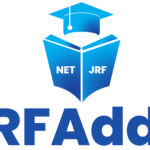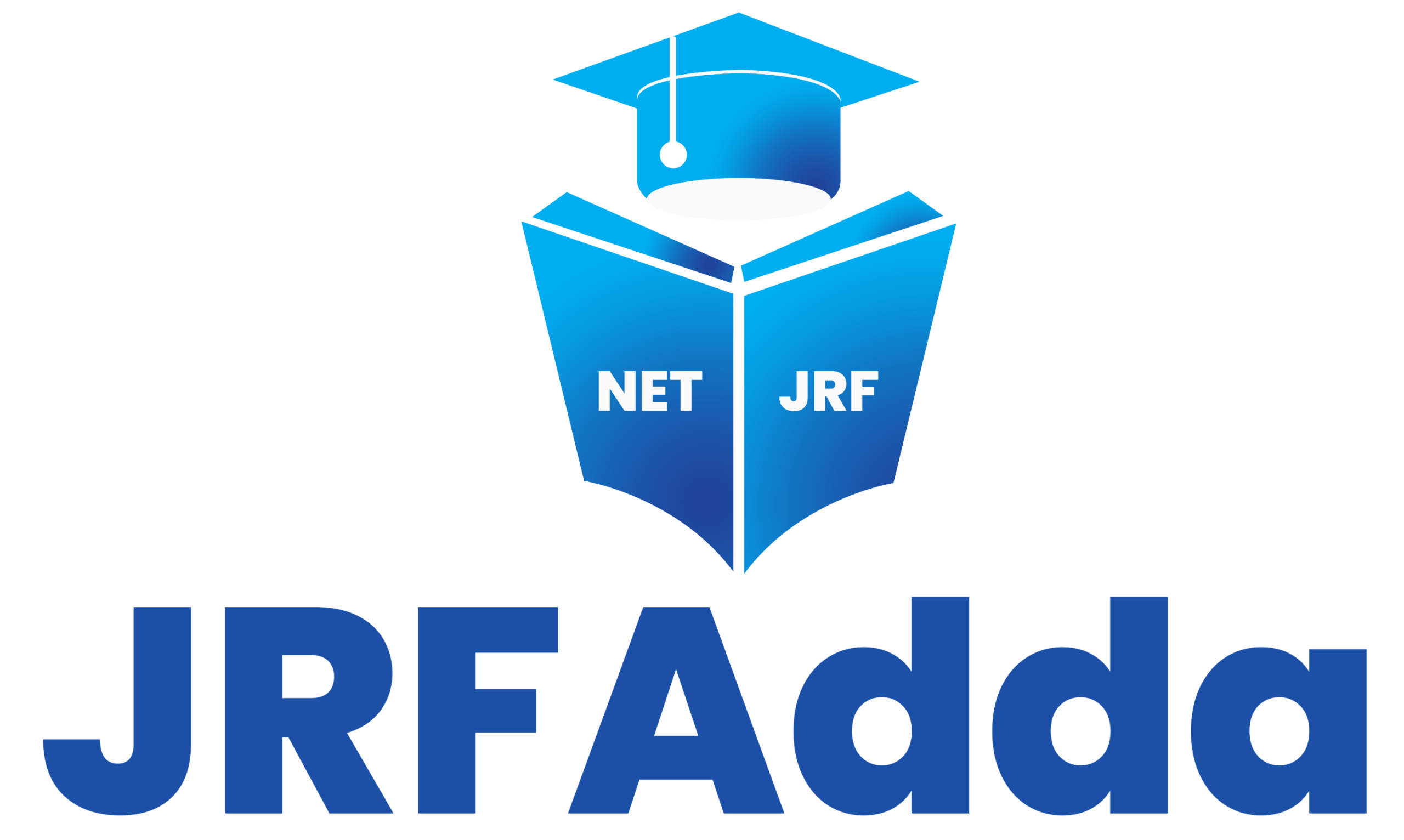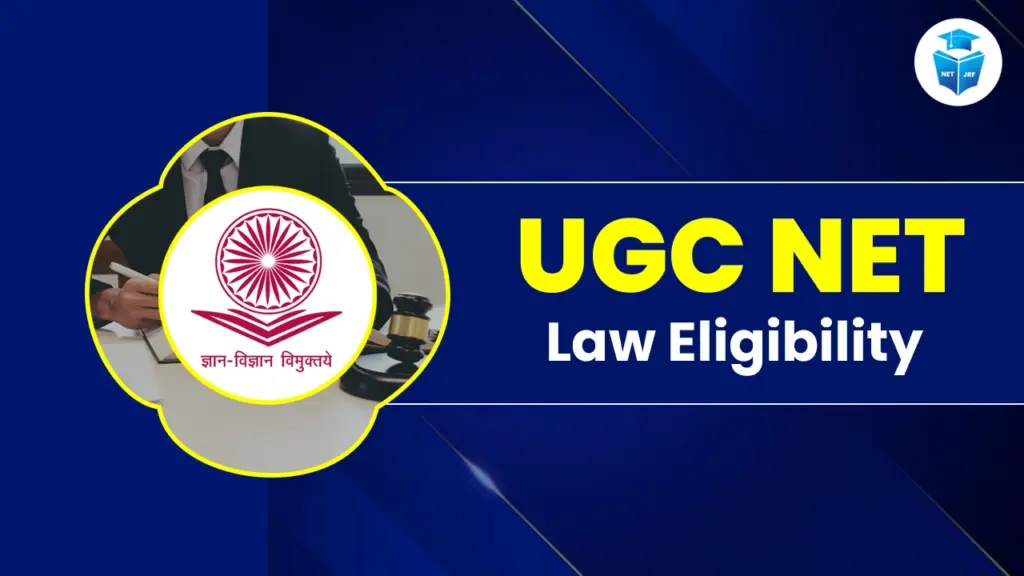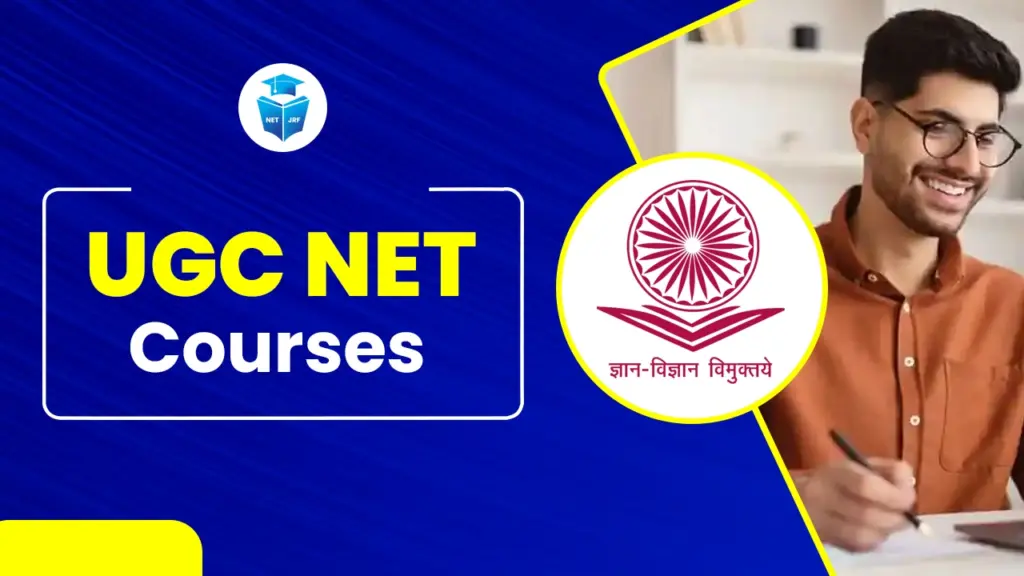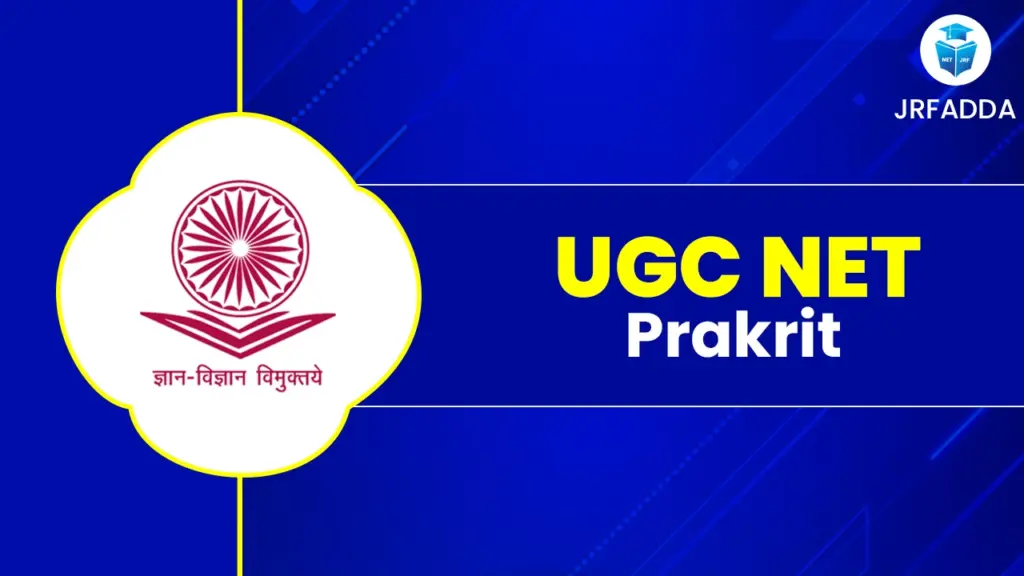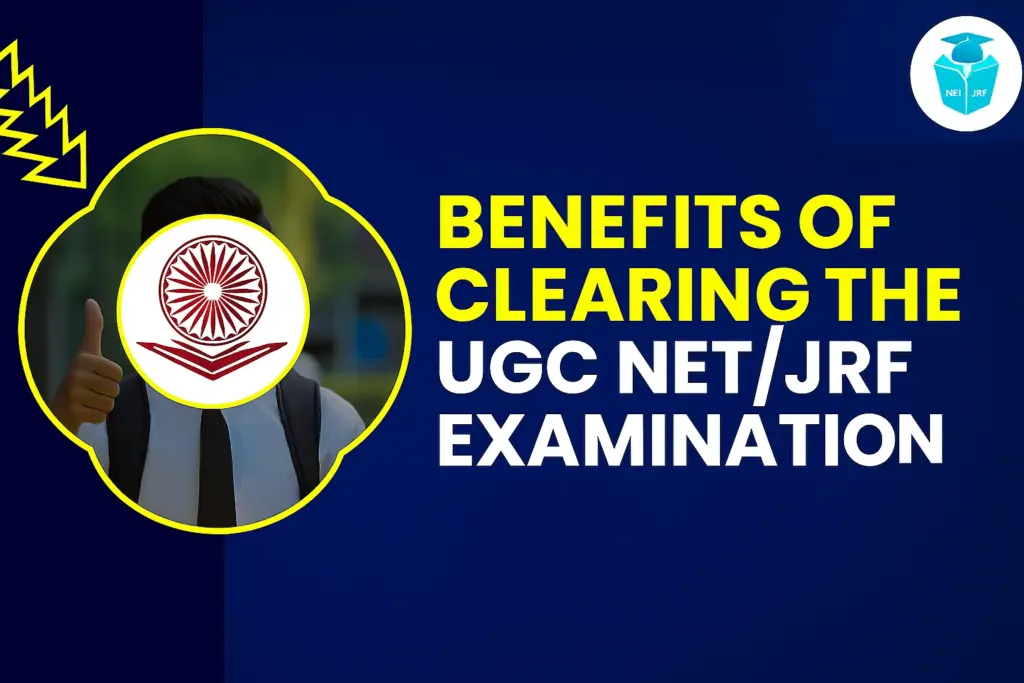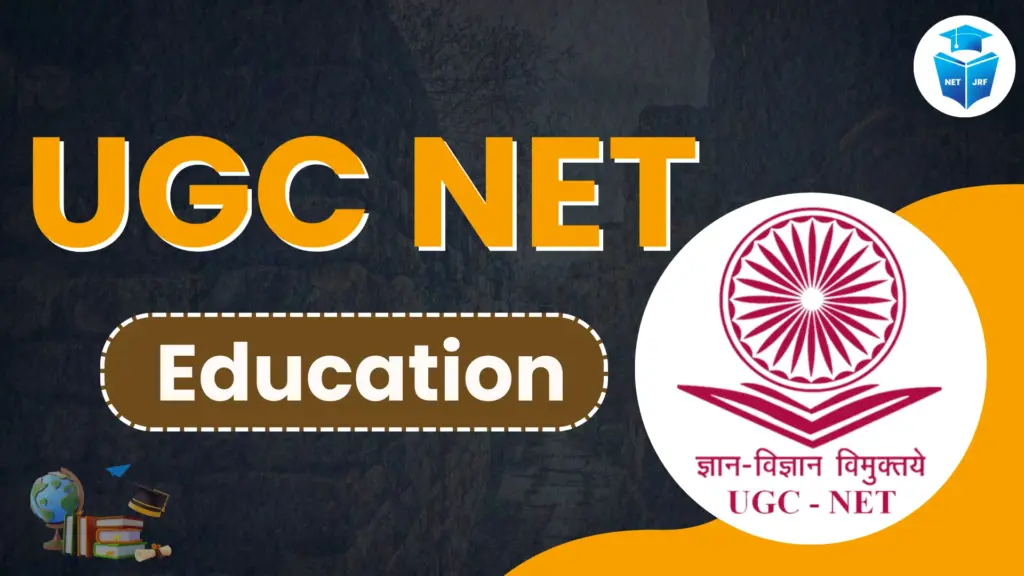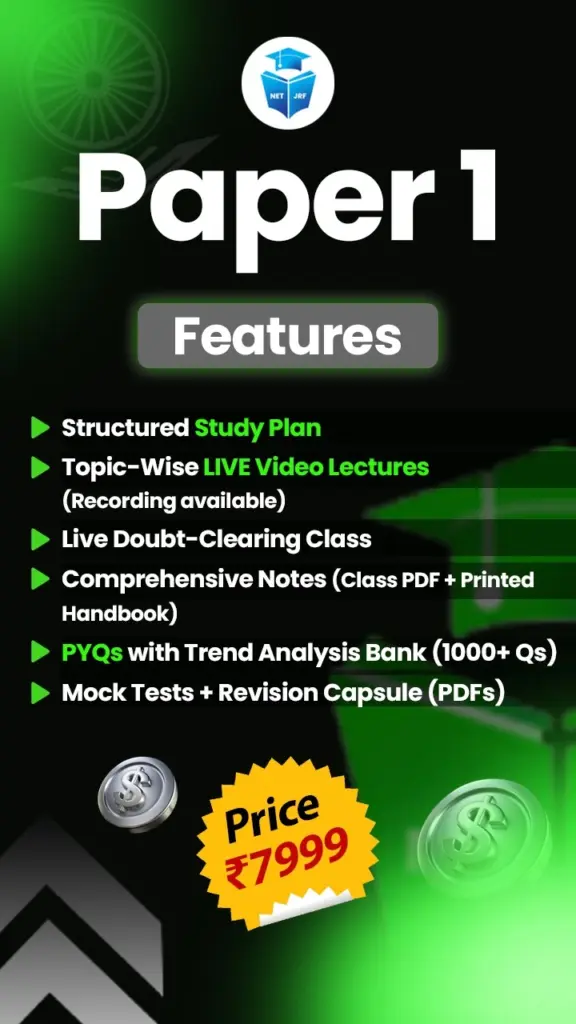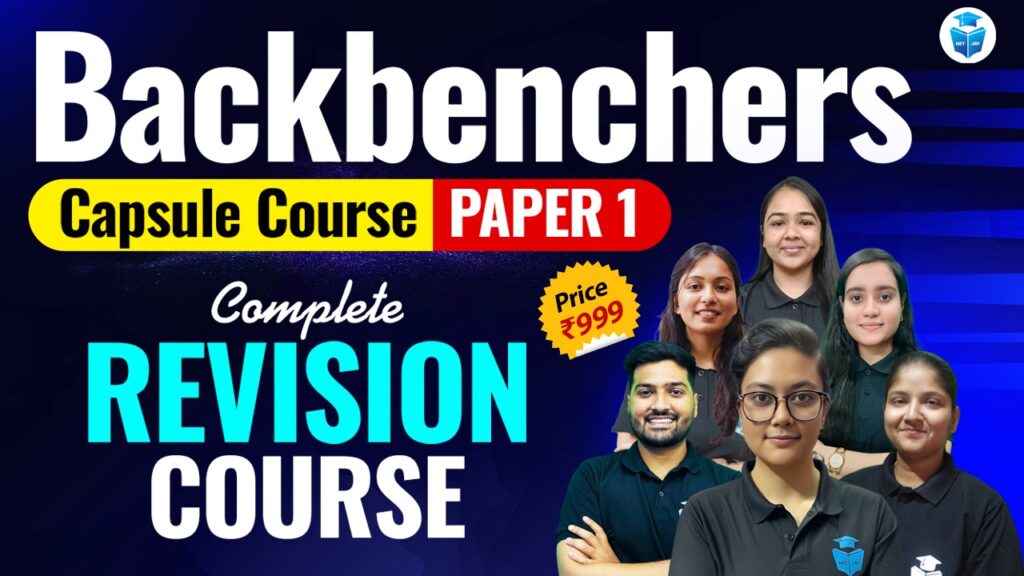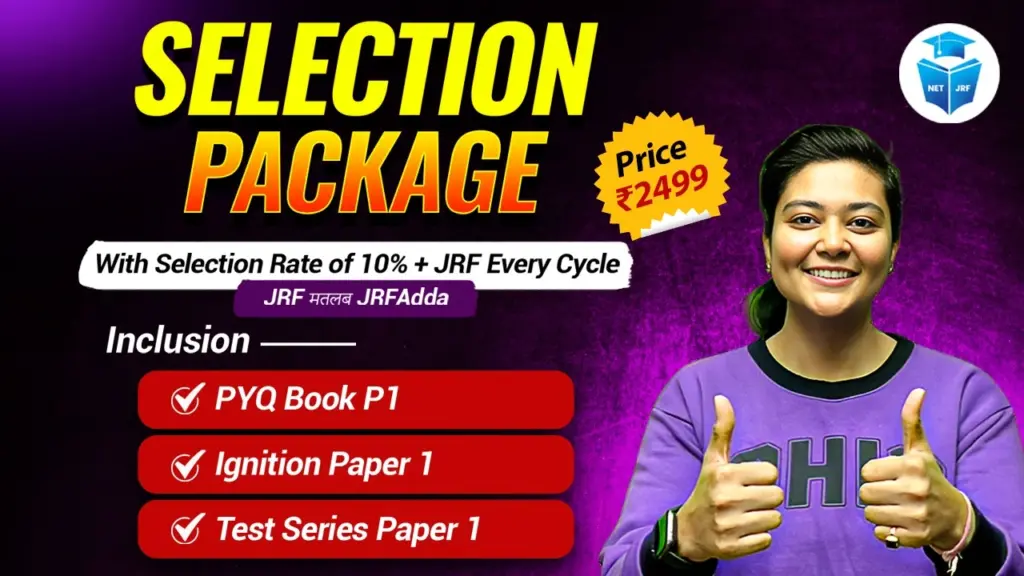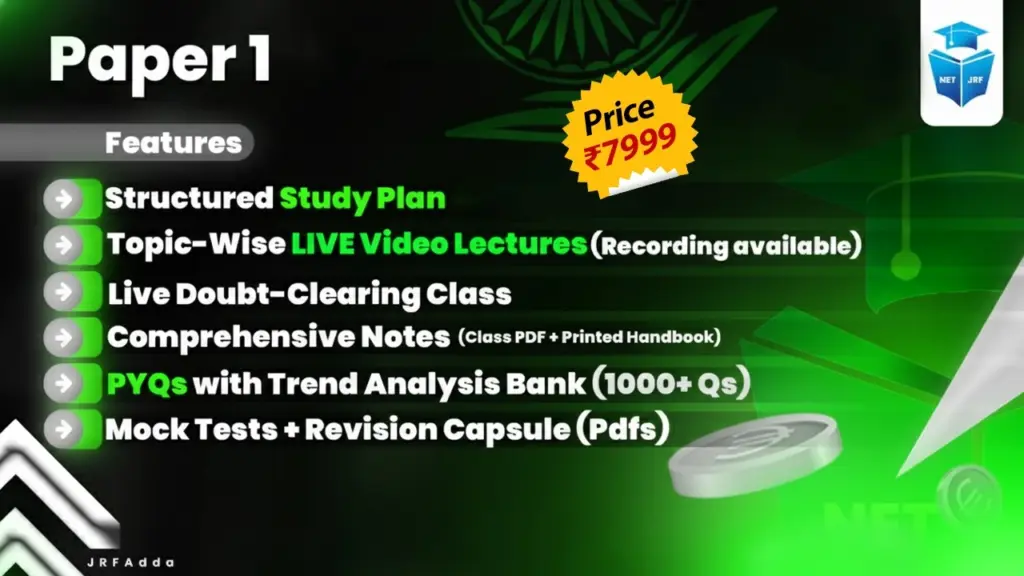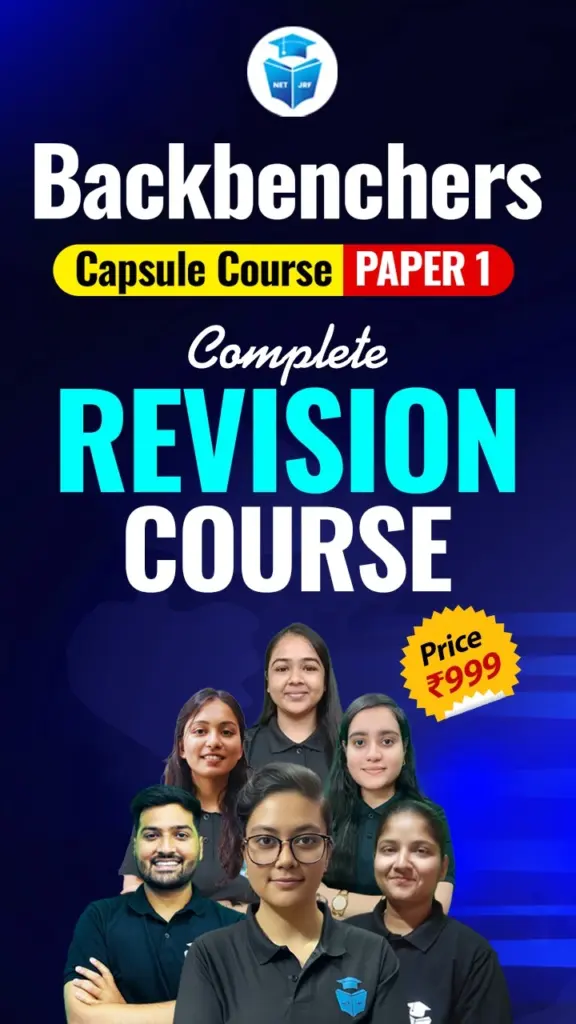UGC NET Tribal and Regional Language/Literature 2025 is a national-level examination conducted by the National Testing Agency (NTA) for candidates aiming to pursue careers in teaching, research, and academic development in India’s diverse tribal and regional languages. This paper promotes the study and preservation of indigenous linguistic traditions, regional scripts, and tribal literature across India. The UGC NET Tribal and Regional Language/Literature 2025 exam was held on 5 January 2026 in Shift 2.
By qualifying for this subject in the UGC NET exam, candidates become eligible for the post of Assistant Professor and may also receive the prestigious Junior Research Fellowship (JRF) for further research and doctoral studies.
Also Read: UGC NET Paper 1 Exam Analysis Dec 2025
UGC NET Tribal and Regional Language/Literature 2025 Exam Analysis
The UGC NET 2025 for Tribal and Regional Language/Literature was conducted by the National Testing Agency (NTA) in the December 2025 cycle. The exam comprised Paper 1 (General Aptitude) and Paper 2 (Subject-Specific). Based on initial student feedback and expert reviews, here’s a detailed exam analysis to help understand the pattern, difficulty level, and expected performance trends.
UGC NET Paper 1 for 5 January 2026 Shift 2 emerged as easy to moderate in difficulty, featuring balanced coverage across all 10 units with a focus on conceptual understanding rather than rote memory. Questions emphasized PYQ-repeated patterns, including assertion-reason, match-the-following, and direct scoring items in Teaching Aptitude, Research Aptitude, Logical Reasoning, and ICT, allowing well-prepared candidates to attempt 42–45 questions confidently. Student feedback highlights manageable Data Interpretation, predictable syllogisms, and no heavy calculations, making the shift student-friendly and aligned with recent exam trends.
UGC NET Tribal and Regional Language Paper 2 for 5 January 2026 Shift 2 was notably challenging, emphasizing deep expertise in tribal languages like Santhali and Bodo, oral traditions, folk narratives, regional literature, grammar structures, and cultural contexts. The lengthy paper featured assertion-reason questions and analytical items, testing linguistic typology, sociolinguistics, and language preservation themes, with moderate-to-difficult difficulty across 100 MCQs. Well-prepared candidates could aim for 35–40 good attempts, as it prioritized conceptual depth over rote facts, differentiating toppers from average performers.
Also Read: UGC NET Exam Analysis December 2025
What is UGC NET Tribal and Regional Language/Literature?
UGC NET Tribal and Regional Language/Literature focuses on the academic exploration of lesser-known and indigenous languages, literature, and oral traditions. The paper covers the structure, evolution, and literary richness of tribal languages like Santhali, Ho, Mundari, Garo, Khasi, Bodo, and others, as well as regional dialects and folk traditions.
Also Read: UGC NET Exam 2026
Key Objectives of UGC NET Tribal and Regional Language/Literature
- To assess a candidate’s academic depth in tribal and regional linguistic studies.
- To identify individuals eligible to become Assistant Professors in Indian colleges and universities.
- To support research in endangered and marginalized languages through the Junior Research Fellowship.
- To promote language preservation, documentation, and revitalization initiatives.
- To encourage interdisciplinary research integrating linguistics, anthropology, folklore, and literary criticism.
UGC NET Tribal and Regional Language/Literature 2025 Key Highlights
| Feature | Details |
| Exam Name | UGC NET Tribal and Regional Language/Literature 2025 |
| Conducted By | National Testing Agency (NTA) |
| Mode of Exam | Computer-Based Test (CBT) |
| Papers | Two (Paper I and Paper II) |
| Total Questions | 150 |
| Total Marks | 300 |
| Duration | 3 hours (single session) |
| Negative Marking | No |
| Official Website | ugcnet.nta.nic.in |
UGC NET Tribal and Regional Language/Literature 2025 Eligibility Criteria
Educational Qualification
- Candidates must have a Master’s degree in Tribal or Regional Language, Tribal Literature, Linguistics, Anthropology, or an equivalent subject from a recognized university.
- Final-year PG students are eligible to apply provisionally.
Minimum Marks Required
- General/EWS/OBC (NCL): Minimum 55% marks
- SC/ST/PwD/Transgender: Minimum 50% marks
Age Limit
- JRF: Not more than 30 years (as of the exam date). Age relaxation: 3 years for OBC-NCL, 5 years for SC/ST/PwD/females.
- Assistant Professor: No upper age limit
Also Read: UGC NET Eligibility 2026
UGC NET Tribal and Regional Language/Literature 2025 Exam Pattern
| Paper | Subject | No. of Questions | Marks | Duration |
| Paper I | General Teaching & Research Aptitude | 50 | 100 | 3 Hours (Combined) |
| Paper II | Tribal and Regional Language/Literature | 100 | 200 | 3 Hours (Combined) |
- All questions are multiple choice.
- Each correct answer carries 2 marks.
- No negative marking for incorrect responses.
UGC NET Tribal and Regional Language/Literature Syllabus 2025
Paper I: General Paper
Covers teaching aptitude, research aptitude, reading comprehension, communication, reasoning, ICT, environment, and higher education system.
Paper II: Subject-Specific Topics
- Introduction to Tribal Languages and Literature
- Definitions, scope, characteristics of tribal literature.
- Oral vs. written traditions.
- Major Tribal and Regional Languages
- Study of languages like Santhali, Ho, Bodo, Gondi, Mundari, Khasi, Garo, Bhili, etc.
- Linguistic Structure
- Phonology, morphology, syntax, semantics.
- Language typology and classification.
- Folk Traditions and Oral Narratives
- Myths, legends, ballads, songs, chants, storytelling forms.
- History and Evolution of Regional Scripts
- Development of tribal scripts and their socio-cultural relevance.
- Influence of Other Languages
- Language contact and code-switching with dominant regional or national languages.
- Sociolinguistics
- Language endangerment, language shift, multilingualism, language planning.
- Comparative Literature
- Intersections with mainstream regional literature, translations, and adaptations.
- Modern Trends
- Contemporary tribal writers, gender in tribal literature, digital revival initiatives.
- Research Methodology
- Tools and techniques for linguistic and literary fieldwork.
Download Syllabus PDF:
The full syllabus is available for download at the official NTA website under the subject code and syllabus section.
UGC NET Tribal and Regional Language/Literature Syllabus 2025
UGC NET Tribal and Regional Language/Literature Previous Year Papers
Solving previous year papers gives insights into frequently asked topics and helps improve exam strategy.
| Year | Download Link |
| 2025 (December session) | Download PDF (available soon) |
| 2025 (June session) | Download PDF |
| 2024 | Download PDF |
| 2023 | Download PDF |
| 2022 | Download PDF |
| 2021 | Download PDF |
| 2019 | Download PDF |
| 2018 | Download PDF |
Career Scope After Qualifying UGC NET Tribal and Regional Language/Literature
Academic Sector
- Assistant Professor in colleges/universities.
- Research Associate or Project Fellow in linguistic, literary, or anthropological studies.
- Ph.D. programs with UGC-JRF funding.
Government Sector
- Linguist, Translator, or Language Officer in tribal welfare departments.
- Roles in Tribal Research Institutes (TRIs), Ministry of Tribal Affairs, Sahitya Akademi, and CIIL (Mysuru).
Research and Documentation
- Language documentation expert for endangered languages.
- Community-based researcher or field linguist.
Non-Profit and Development Sector
- Cultural preservation roles in NGOs and international organizations.
- Content creation in indigenous languages for education, health, and media.
Media and Publishing
- Translator, scriptwriter, or editor for tribal language content.
- Cultural journalism and archival work.
UGC NET Tribal and Regional Language/Literature 2025 Preparation Tips
- Master the Syllabus: Understand all subtopics and create a detailed plan.
- Use Standard Reference Materials: Tribal language dictionaries, literary collections, and linguistic research journals.
- Practice Regularly: Solve sample papers and mock tests for time management.
- Make Field Notes: For candidates with local language expertise, document oral literature and regional scripts.
- Join Study Circles: Exchange notes and conduct group discussions for better understanding.
Conclusion
UGC NET Tribal and Regional Language/Literature plays a vital role in promoting careers in teaching, research, and language preservation across India. The exam emphasizes lesser-known tribal and regional languages, literature, and cultural traditions. By qualifying UGC NET in Tribal and Regional Language/Literature, candidates can actively contribute to conserving endangered languages and promoting indigenous literary heritage. The UGC NET Tribal and Regional Language/Literature exam was successfully conducted on 5 January 2026 in Shift 2, offering aspirants a meaningful pathway to safeguard India’s rich linguistic and cultural diversity for future generations.
UGC NET Tribal and Regional Language/Literature FAQs
Which languages are included in the UGC NET Tribal and Regional Language/Literature paper?
Languages like Santhali, Ho, Mundari, Bodo, Gondi, Bhili, Khasi, Garo, and other regional and tribal dialects are included, depending on the UGC syllabus and candidate's specialization.
Can I apply for UGC NET Tribal and Regional Language/Literature if I have a degree in Linguistics or Anthropology?
Yes, candidates with a Master’s degree in Linguistics, Anthropology, or closely related tribal studies are eligible if their focus aligns with the syllabus.
Is JRF available for this subject?
Yes, if you meet the age and score criteria, you may qualify for the Junior Research Fellowship to pursue Ph.D. or full-time research in tribal and regional languages.
Are there enough job opportunities in this field after clearing UGC NET?
Yes, qualified candidates can pursue teaching, research, government service, tribal documentation work, translation, and cultural preservation roles.
What is the difficulty level of UGC NET Tribal and Regional Language/Literature?
The exam tests specialized knowledge, so with thorough preparation and understanding of oral and written traditions, linguistic structures, and critical analysis, the exam is manageable.
